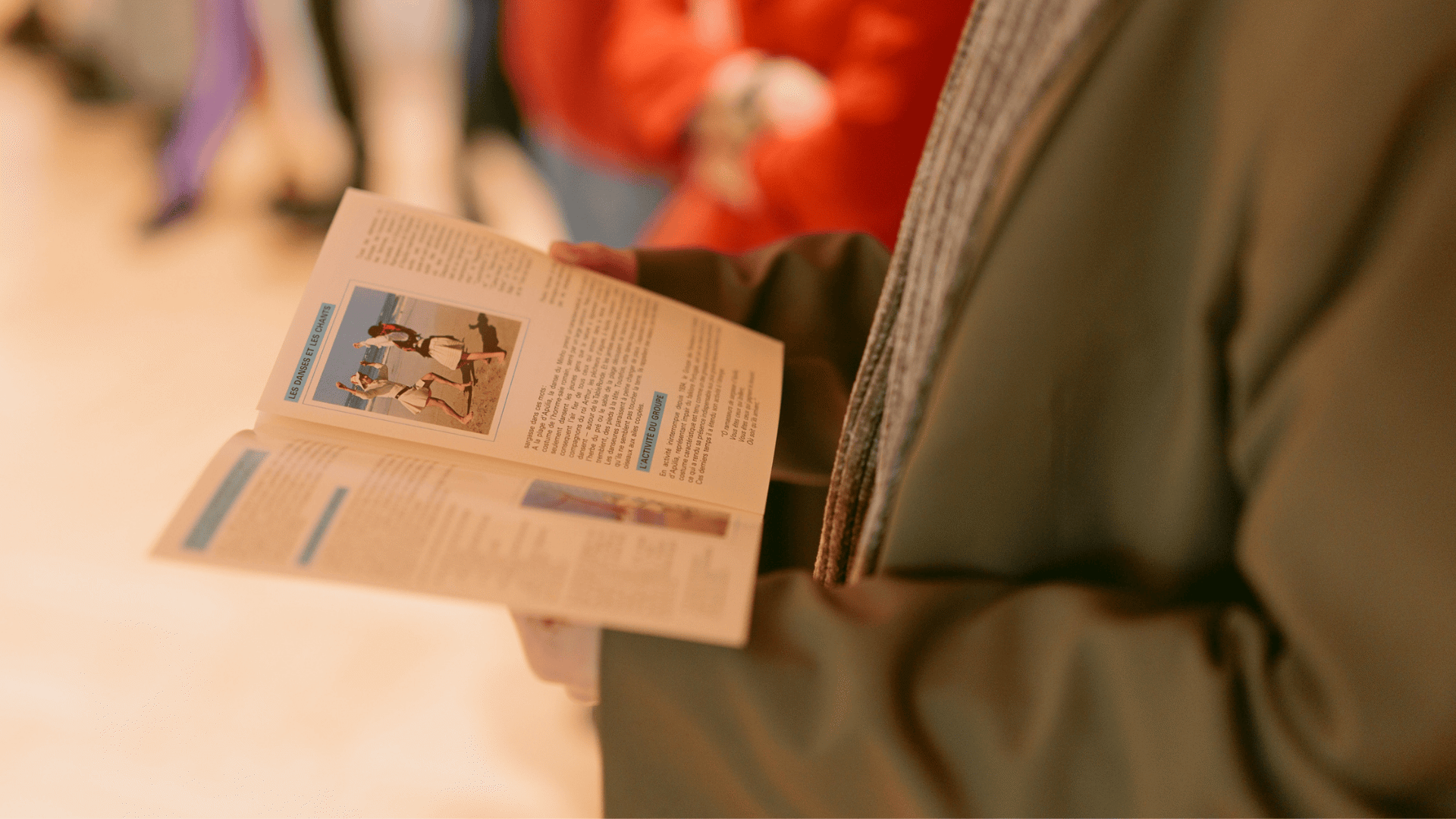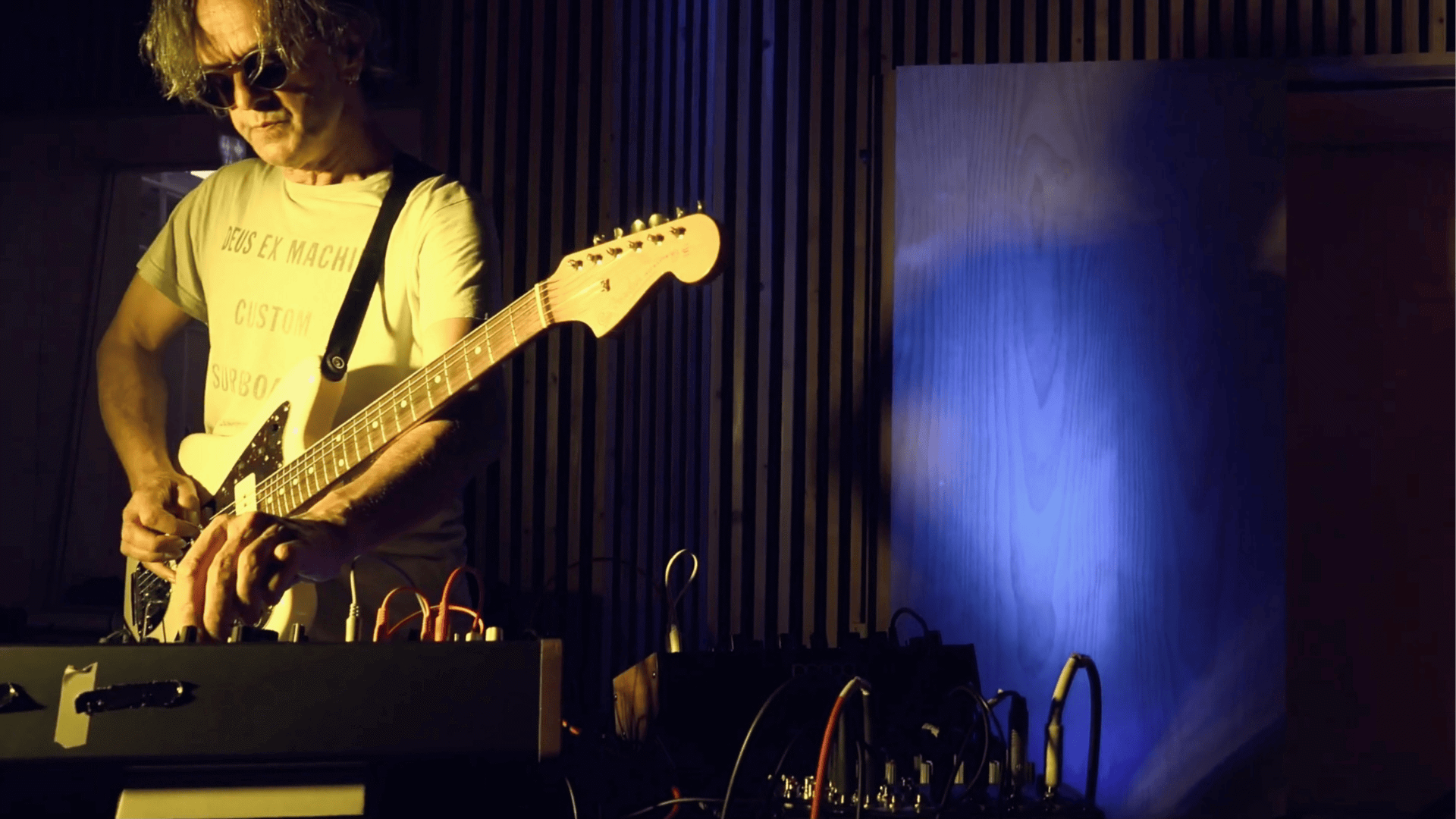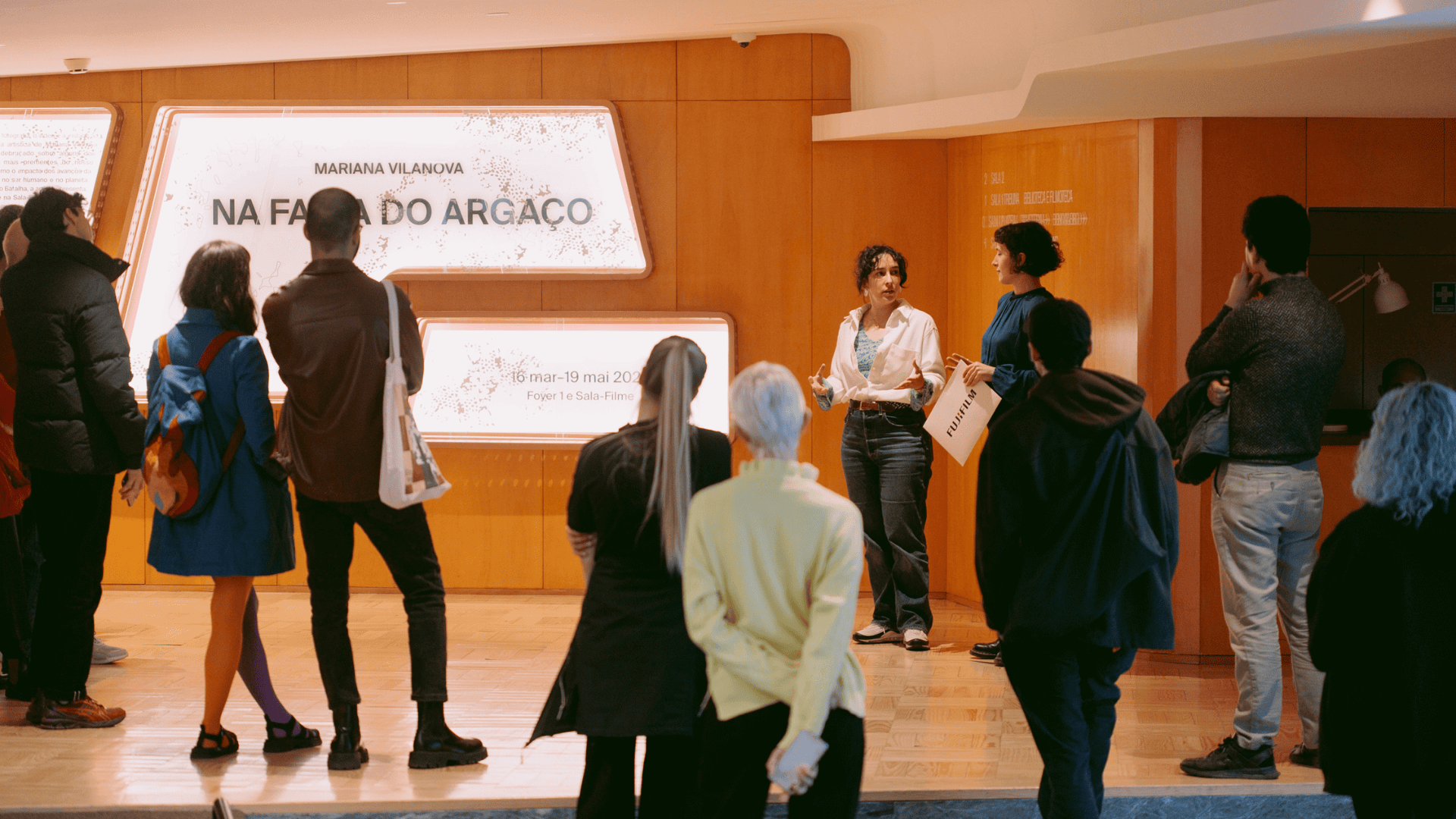The Municipality of Porto, in collaboration with the Coliseu do Porto Ageas and the Batalha Centro de Cinema, will be present at the Portugal Pavilion at Expo 2025 Osaka from April 18 to 21, with a program celebrating the long-standing cultural ties between Porto and Japan.
During this period, the Portugal Pavilion will host a series of performances ranging from classical music to cinematography, reflecting the fusion of traditions and innovations that characterise Porto. A highlight will be the intimate concert by António Pinho Vargas, scheduled for April 20. In it, he will perform some of the most emblematic compositions of his career. The concert will explore the dialectic between tradition and contemporaneity, moving from jazz to classical, offering a showcase of Portuguese musical excellence.

Additionally, from April 18 to 21, the Pavilion's late afternoons will be enlivened by Alexandre Soares, co-founder of GNR and Três Tristes Tigres. This multifaceted artist will present four new performative works inspired by haikus from renowned Japanese and Portuguese poets, such as Matsuo Bashô, Masaoka Shiki, José Tolentino de Mendonça, and Gonçalo M. Tavares. Soares' performance will be accompanied by readings of the texts, creating a unique intersection between words, sounds, and cultures.

The Batalha Centro de Cinema, at the invitation of the organisers, will also present Mariana Vilanova's work "Na Faina do Argaço," which will be screened at the Pavilion. The film explores the ancestral practice of seaweed harvesting in northern Portugal, connecting it with technological advancements and sustainability issues. The work reflects on current challenges and circular solutions inspired by ancient traditions, aligning with the key themes of Expo Osaka 2025.

Under the theme "Ocean, Blue Dialogue," Portugal's participation emphasises the importance of marine sustainability and ocean preservation, reinforcing the country's commitment to combating climate change and protecting ecosystems.
The Portugal Pavilion promises to be a meeting point for cultures, traditions, and innovations, reflecting the country's vision of its relationship with the sea and the sustainable future of our planet.





